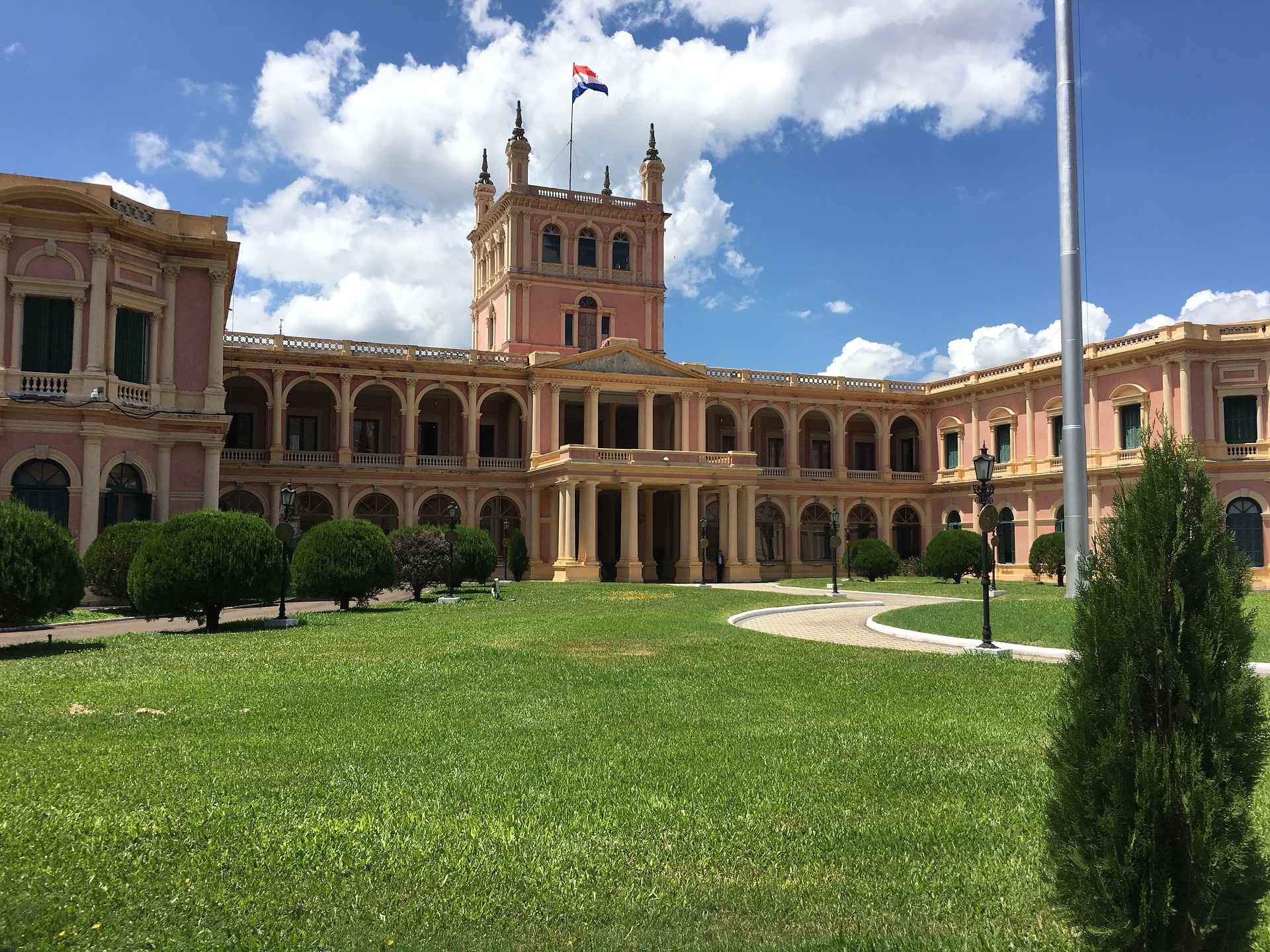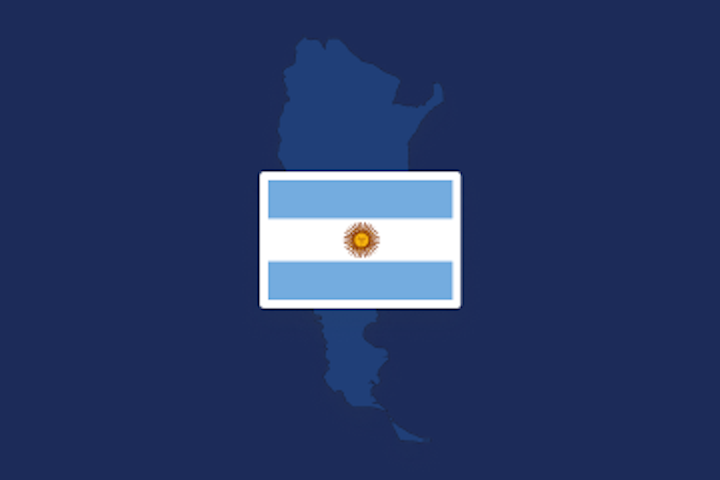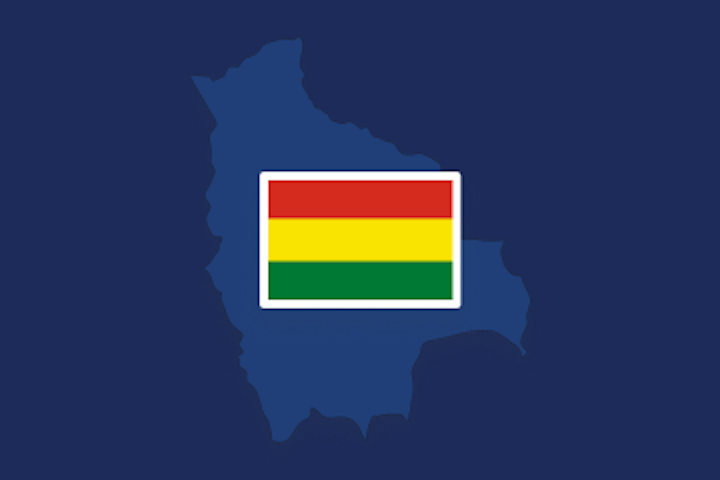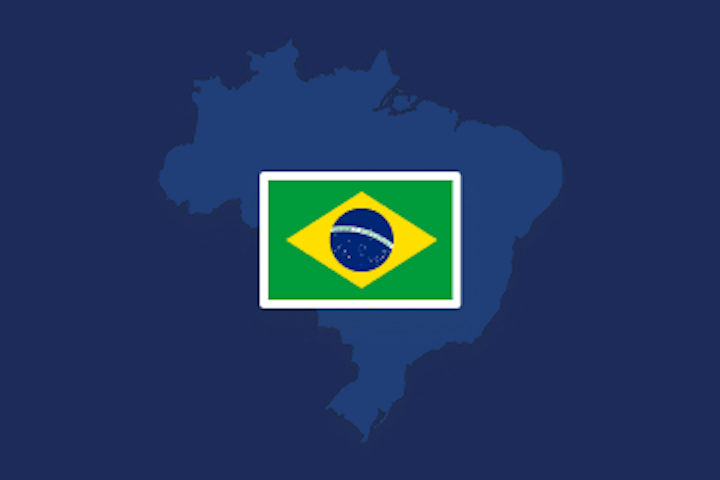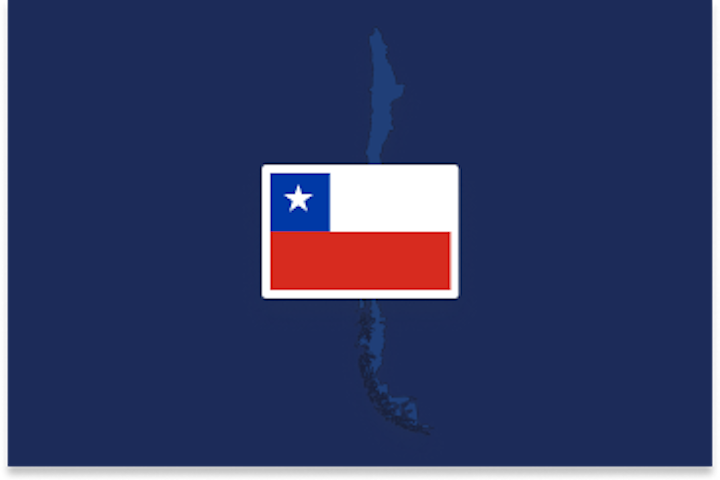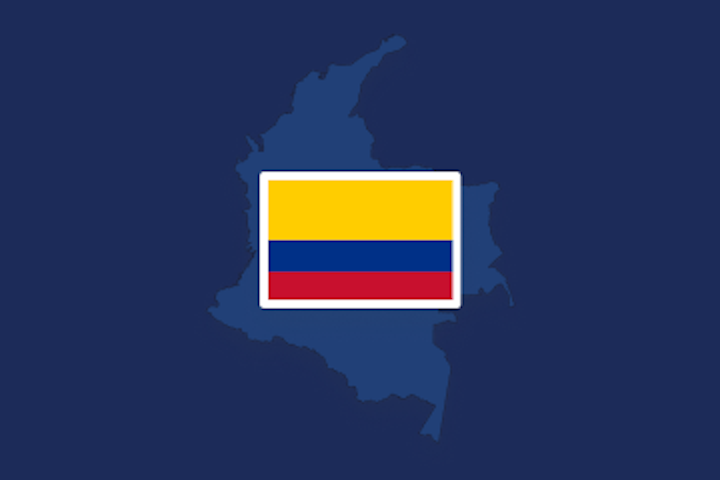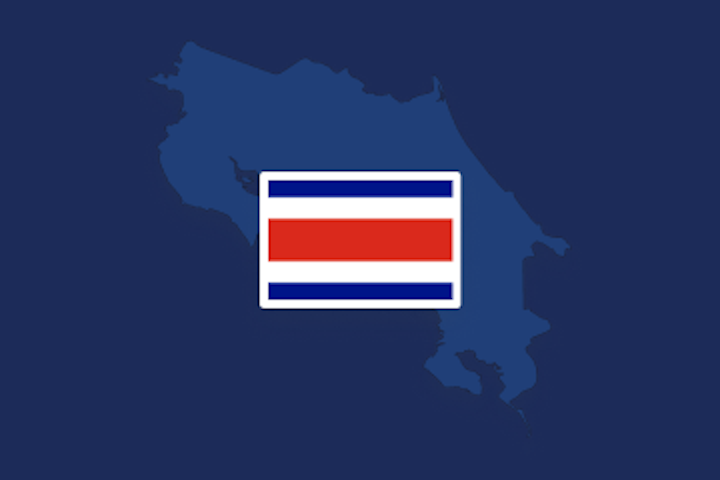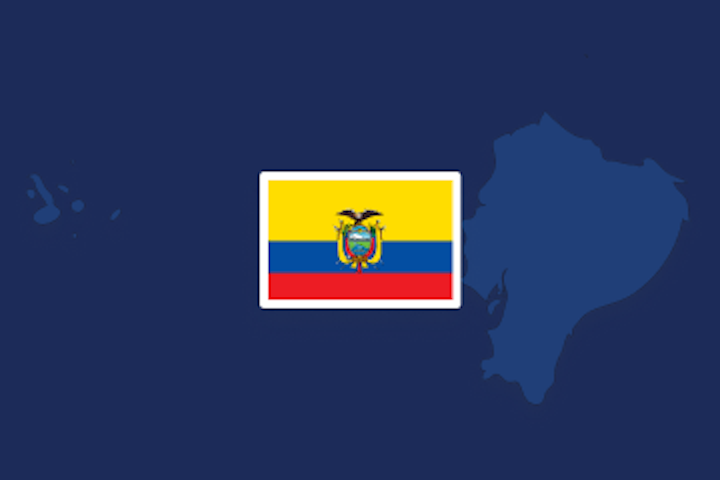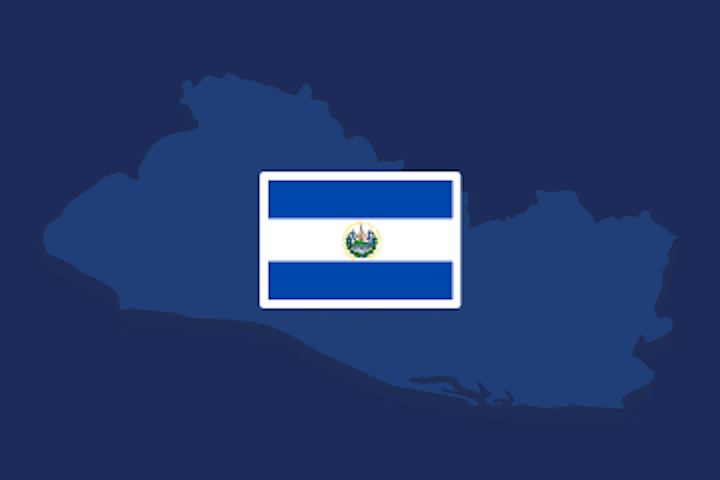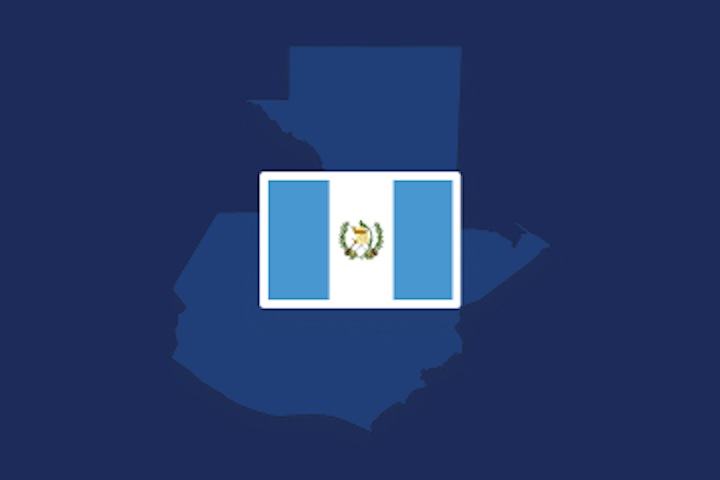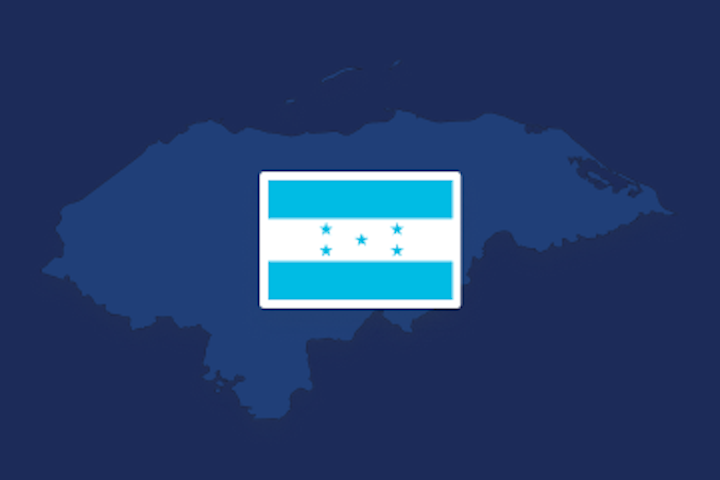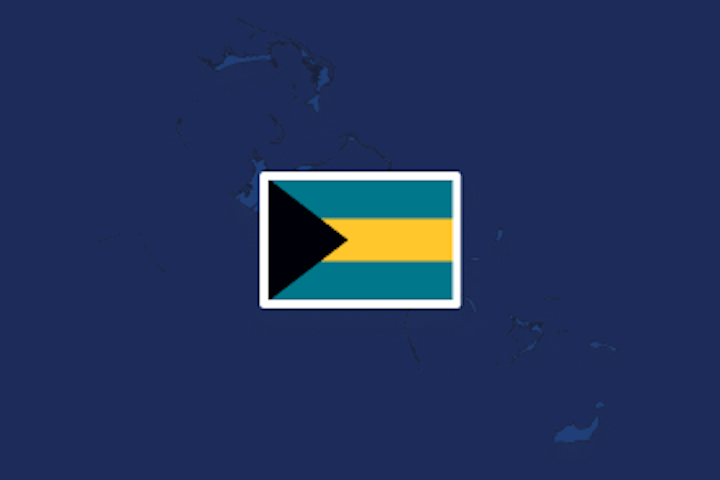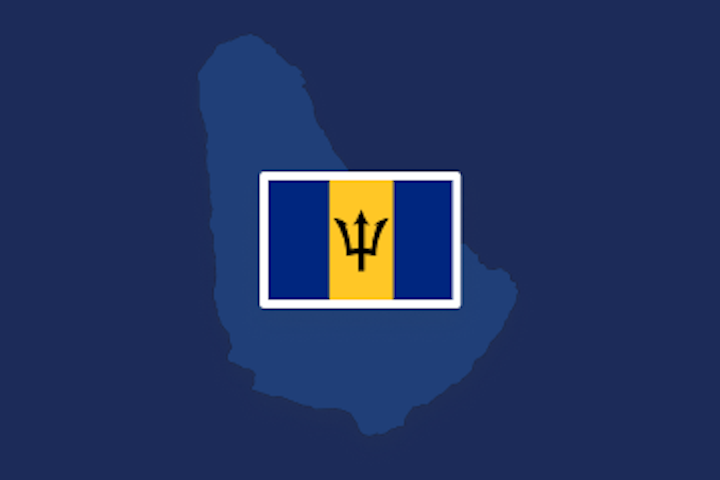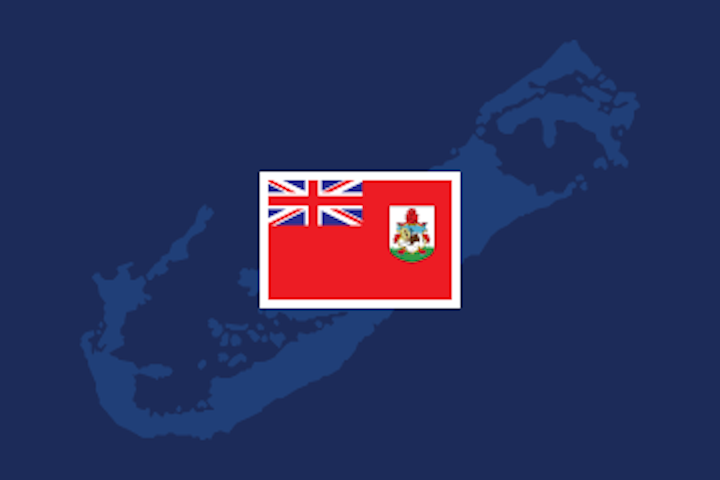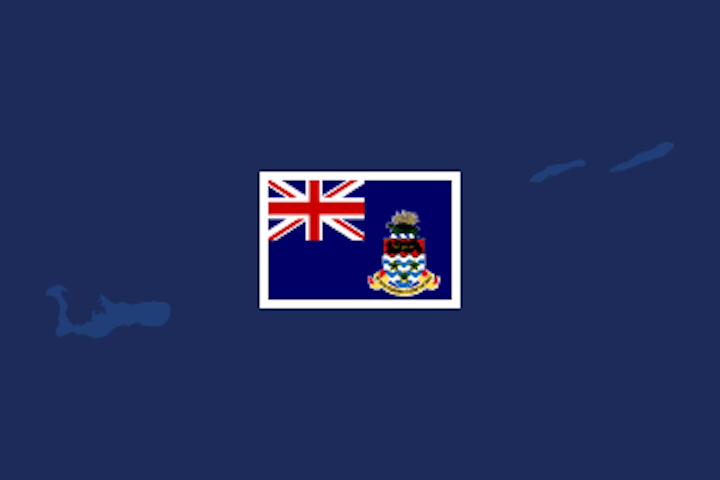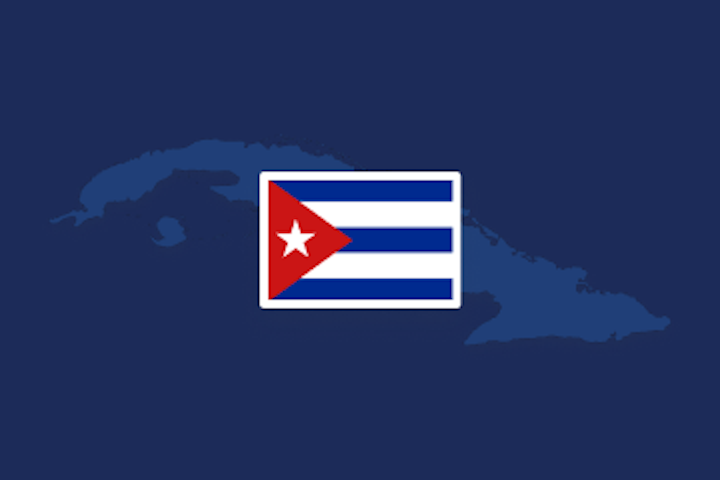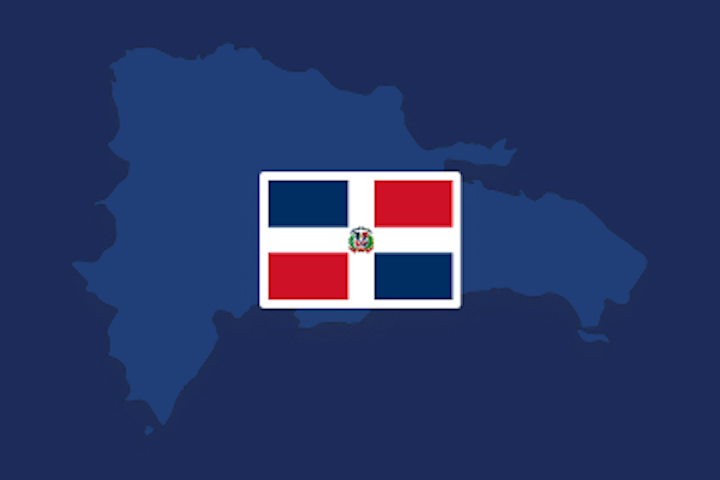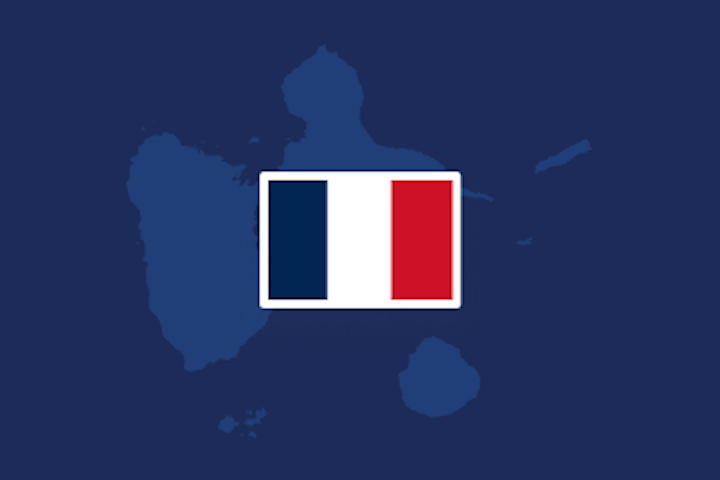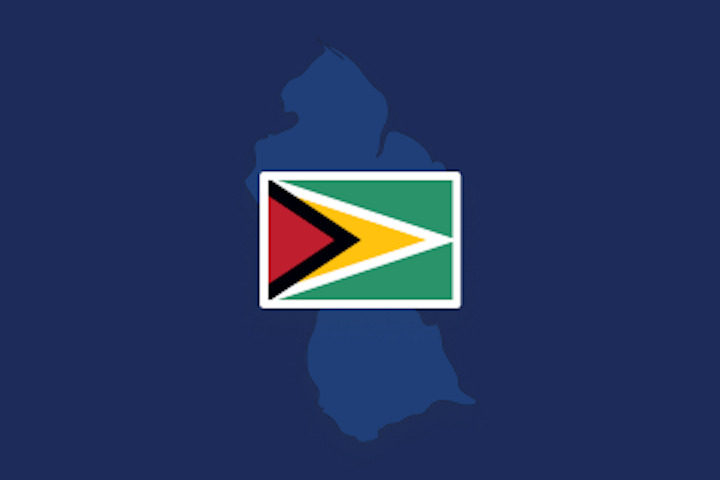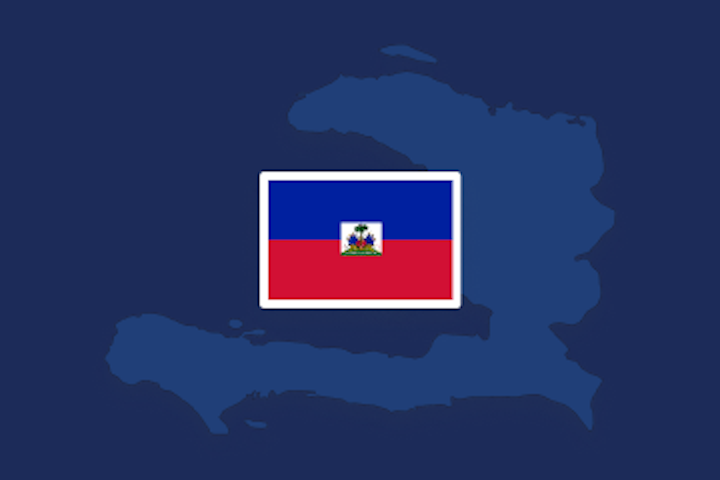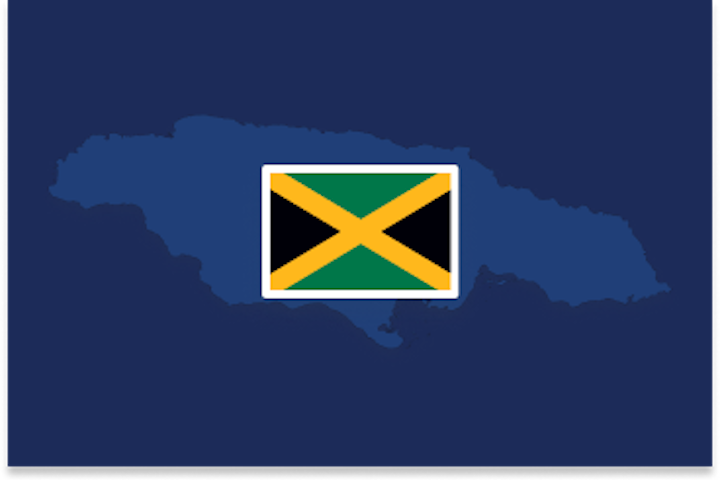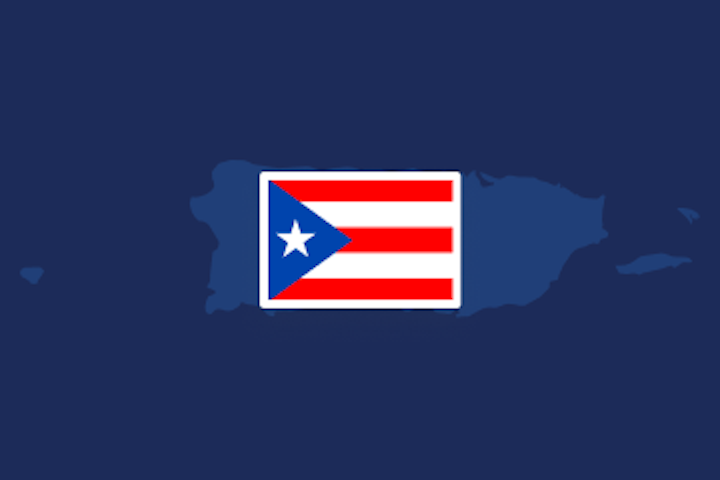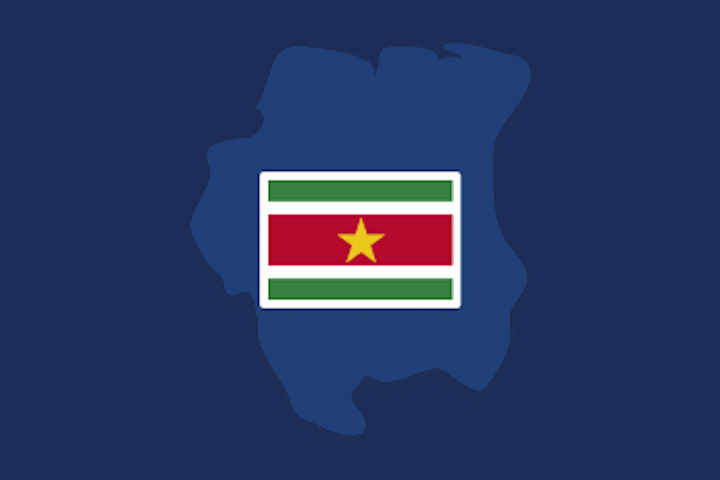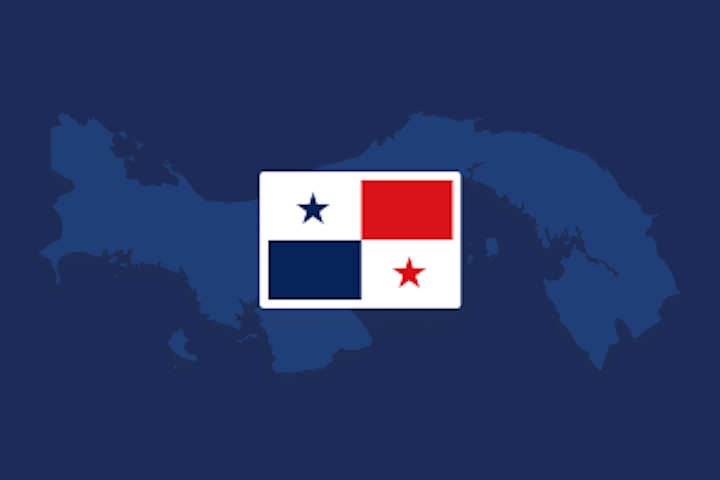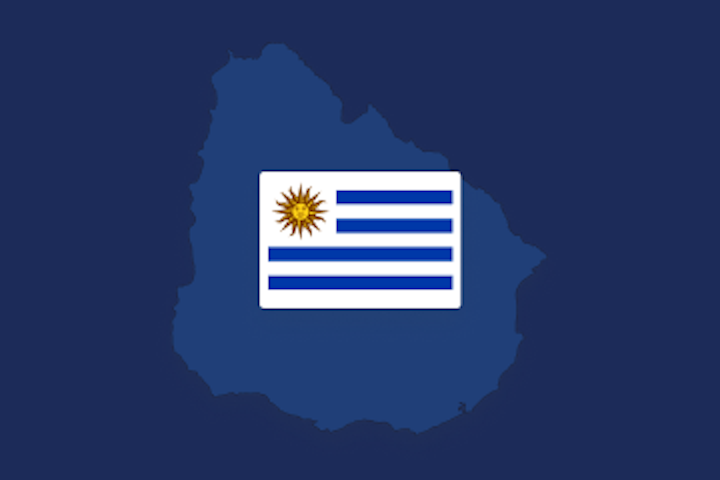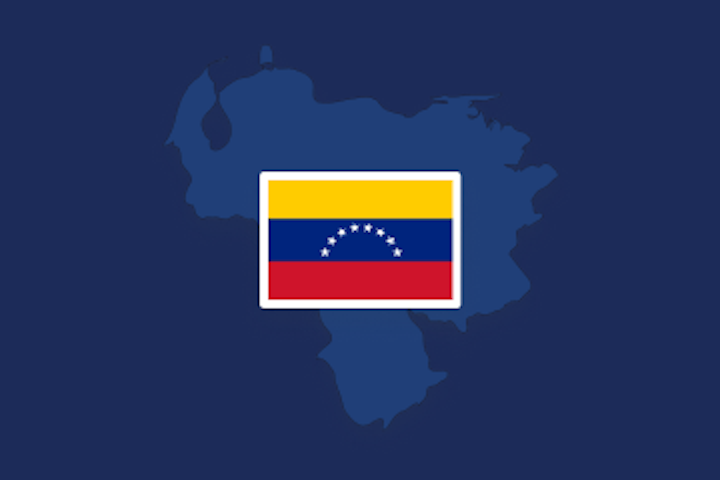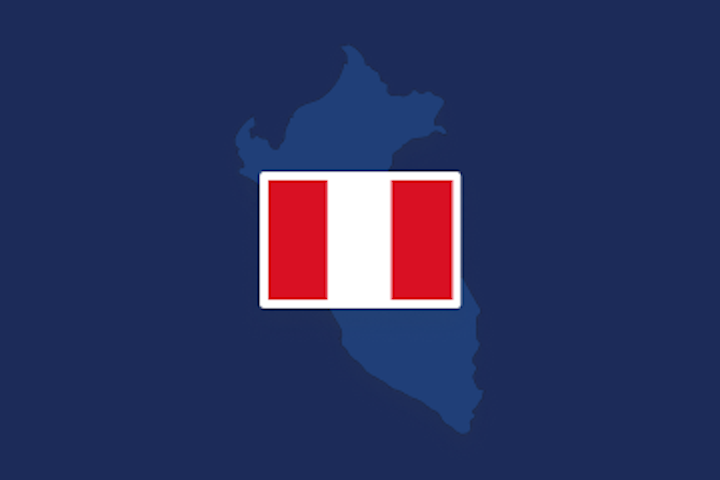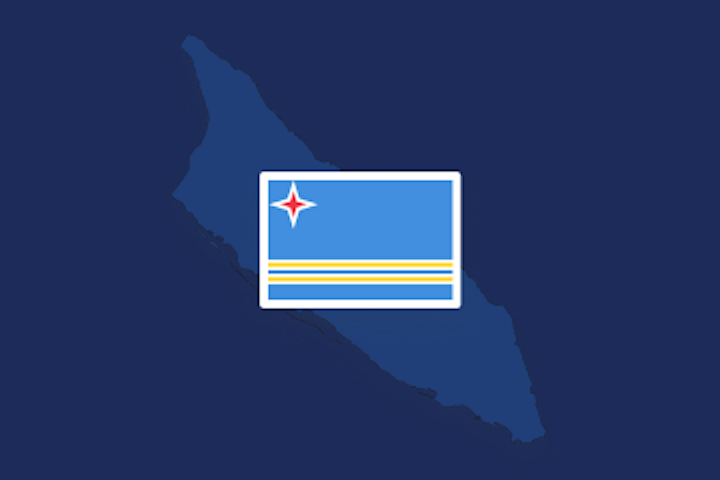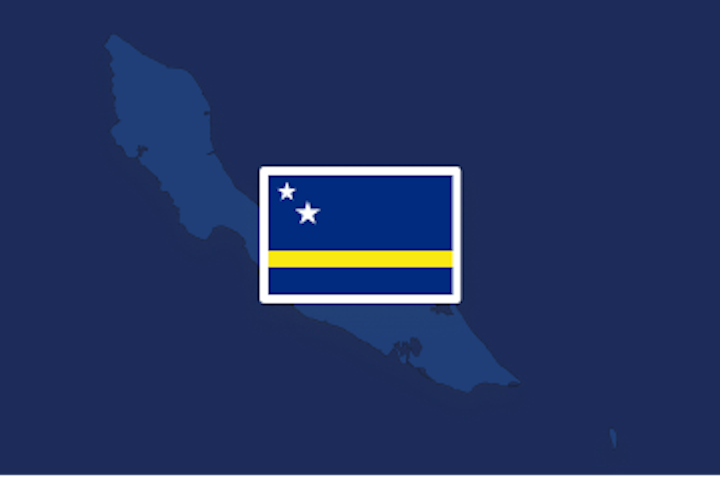According to the estimates of the local Jewish community, Nicaragua, is home to about 50 Jews. Nicaraguan Jewry is slowly rebuilding itself after decades of dormancy and is experiencing a sense of revitalization and renewed interest in Jewish life. The Nicaraguan Jewish Community is represented by the Congregación Israelita de Nicaragua – the Nicaraguan affiliate of the World Jewish Congress.

Telephone: (505) 88431089
Email: reptinic@yahoo.es
Website: https://congregacionisraelitadenicaragua.weebly.com/
There were some Jews in Nicaragua during the 19th century, but there was no permanent Jewish community in the country until the 1920s, when Jews from France arrived. This was followed by a wave of Jewish immigration from Eastern Europe in 1929, with the majority of Jews who settled in the country living in the capital city of Managua. They were largely involved with the economic development of the country, working in the farming, manufacturing, and retail industries of Nicaragua.
By 1972, the Jewish community in Nicaragua reached its peak, with approximately 250 Jews living in there. However, an earthquake in Managua that year saw many Jews leave the country. This exodus was exacerbated by the rise of the Sandinista government in 1979, which was openly hostile to the country’s Jews, in large part due to Israel’s past support of the Somoza government. The Sandinista government publicly declared support for the Palestinian Liberation Organization and punished the nation’s Jews. The government expropriated the synagogue along with other properties of the Jewish community and imprisoned its leader, who managed to escape and then flee the country along with most of the Jews. Most Jews emigrated to Israel, the United States, or other Latin American countries.
After 1979, there were very few Jews in Nicaragua, and Jewish life in the country was largely dormant. The few Jews who remained in Nicaragua were constantly persecuted by the Sandinista government and the Congregación Israelita de Nicaragua synagogue was forcibly converted into a secular school. Jewish life experienced a revival in 1990, when Daniel Ortega lost the presidential election. A number of Jewish citizens began to return to Nicaragua, and the Jewish community has slowly rebuilt itself since. Herty Lewites served as mayor of Managua from 2000 to 2005 and was a presidential candidate in 2006.
The Congregación Israelita de Nicaragua estimates that there are between and 100 Jews in Nicaragua. Most Nicaraguan Jews live in Granada, but there are also a small number of Jews that live in Managua and San Juan del Sur.
At present, due to the small number of Jews in Nicaragua, Jewish communal life there is very limited. Nevertheless, the Congregación Israelita de Nicaragua (CIN) works to ensure that all Nicaraguan Jews are able to maintain some semblance of Jewish life.
Since there is no longer a synagogue in Nicaragua, Kabalat Shabbat services are carried out in private homes. In recent years, the Jewish Community has been organized both as a social organization and for religious activities, including communal Passover Seder, and Sabbath dinners on Fridays. It is difficult, however, to form minyan, due to its geographical dispersion. The majority of Nicaraguan Jews follow Hasidic traditions, while others adhere to Sephardic customs.
Since the creation of the State of Israel until the suspension of diplomatic relations in 2010, there have been friendly and cooperative relations in various fields such as agriculture, health and education. In 2017, the Governments of Israel and the Republic of Nicaragua restored diplomatic relations.
Mr. Arturo Vaughan is the consul honorary of Israel in Nicaragua.
Telephone: (+505) 2255-7860
Email: avaughan@agricorp.com.ni

